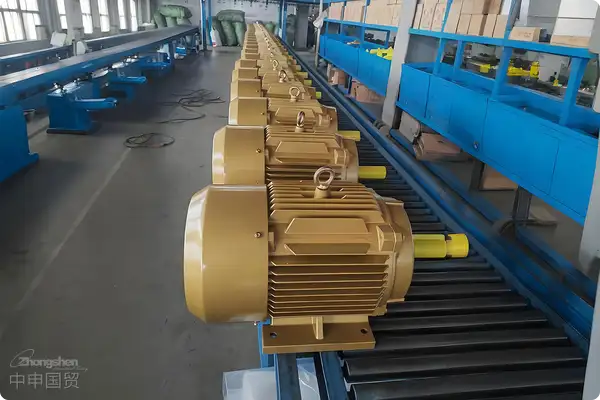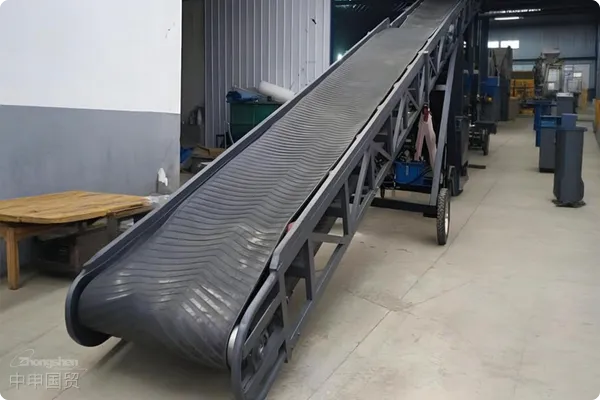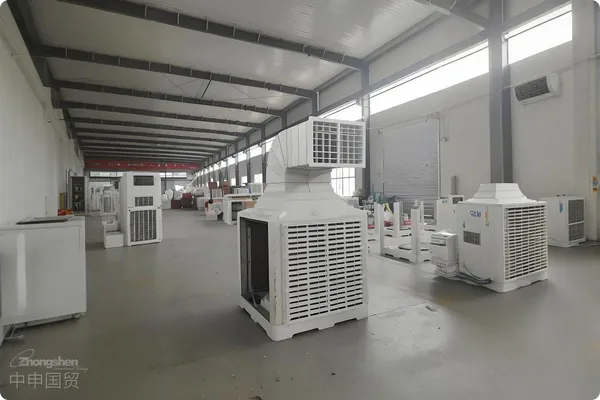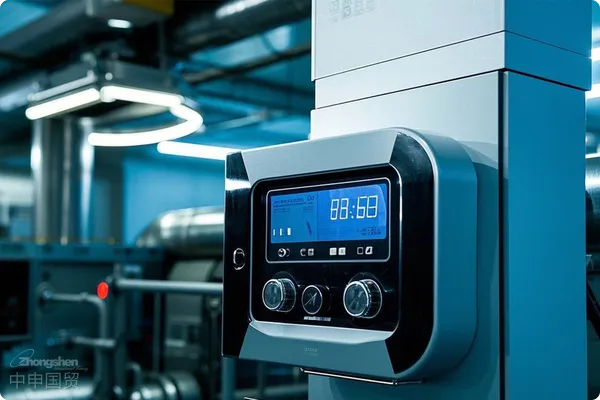- Shanghai Zhongshen International Trade Co., Ltd. - Two decades of trade agency expertise.
- Service Hotline: 139 1787 2118
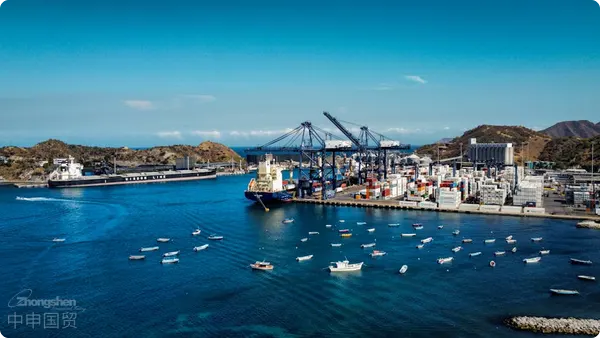
Compulsory certificationWhat restrictions apply to mechanical equipment? Key policies and response guidelines
As the Russia-Ukraine conflict continues, the EU, US, and their allies have imposed multiple rounds of economic sanctions on Russia. Mechanical equipment, as a key material involving sensitive fields such as energy and defense, has become a major target of control. This article systematically reviews the current restrictions and industry bans on exporting mechanical equipment to Russia, providing compliance guidance for relevant companies.Equipment ExportEU and US export control lists
I. Direct export restrictions under international sanctions
Internationally - recognized Safety StandardsAccording to the Export Administration Regulations (EAR) issued by the US Department of Commerces Bureau of Industry and Security (BIS), exporting specific mechanical equipment to Russia requires a license, including:
High-precision machine tools (CNC grade ≥5-axis)
- Oil and gas exploration equipment (e.g., drilling platform components)
- Semiconductor manufacturing equipment
- Aerospace testing instruments
- The EU has further expanded the scope of restrictions through Regulation No. 833/2014, explicitly prohibiting the export of oil refining equipment, liquefied natural gas (LNG) technology, and related machinery to Russia.
The EU has further expanded the scope of restrictions through Regulation No. 833/2014, explicitly prohibiting the export of oil refining equipment, liquefied natural gas (LNG) technology, and supporting machinery to Russia.
Regional Mandatory CertificationsEnd-user screening requirements
If machinery and equipment may be used in Russias military or energy sectors (such as Russian defense enterprises or state-owned groups like Rosneft and Gazprom), even if the goods are not on the control list, exporters are still required to fulfill due diligence obligations, otherwise they may face secondary sanctions.,
II. Import barriers triggered by Russian countermeasures
Internationally - recognized Safety StandardsMandatory technical certification
In 2022, the Russian government revised the Technical Regulation Law, requiring imported industrial machinery to pass EAC certification (GOST standards), and some categories (such as agricultural machinery and construction equipment) must additionally obtain technical approval from the Russian Federal Ministry of Industry and Trade, with an approval cycle lasting 3-6 months.
Regional Mandatory CertificationsImport substitution policy
According to Russian Presidential Decree No. 430, starting in 2023, government procurement of foreign-made engineering machinery, medical equipment, and railway equipment is prohibited, with priority given to domestic brands (such as KAMAZ and Uralvagonzavod). Although private enterprises are not directly restricted, they may reduce imports due to supply chain localization pressures.
III. Industry-specific bans and sensitive technology controls
Internationally - recognized Safety StandardsEnergy sector equipment
- The EU has completely banned the export to Russia of oil and gas pipeline compressors, deep-sea drilling platform components, and oil refining catalysts.
- The U.S. has imposed asset freezes on companies involved in projects such as Arctic LNG-2.
Regional Mandatory CertificationsDefense-related technologies
Extra caution is required for the export of dual-use items, for example:
- High-precision bearings (can be used in missile guidance systems)
- High-temperature alloy materials (suitable for aircraft engines)
- 3D printing equipment (involved in military component production)
Cultural and Religious NormsAgricultural and food processing machinery
Since August 2022, Russia has imposed counter-sanctions on some Western agricultural machinery manufacturers, including restrictions on the import of parts for brands such as John Deere and CLAAS, leading to a sharp increase in equipment maintenance costs.
IV. Corporate compliance risks and response recommendations
Internationally - recognized Safety StandardsLegal consequences
- Violating sanctions may result in companies being added to the SDN list, facing hefty fines (such as the U.S. BIS maximum penalty of $1 million per violation) and cross-border payment freezes.
- Supply chain disruption risks: European logistics companies have suspended the transportation of controlled equipment to Russia.
Regional Mandatory CertificationsRequest to provide the 2025 - version standard service price list
- Establish a dynamic compliance system: Use automated tools to screen whether trading partners are involved with sanctioned entities (such as the Check Your Partner Database).
- Apply for export licenses: Submit technical documentation through BIS or EU member state customs offices to prove that the equipment is not for military use.
- ExploreEntrepot TradeFeasibility: When transiting through third countries such as Turkey or Kazakhstan, ensure compliance with the substantial transformation rule.
Conclusion
Currently, the export of machinery and equipment to Russia shows a trend of expanding sanctions scope and refining technical controls. Companies need to closely monitor customs updates from various countries (such as the quarterly revisions to the U.S. CCL list) and assess transaction risks through professional legal advisors. It is recommended to prioritize non-sensitive sectors (such as civilian consumer goods manufacturing equipment) or collaborate with Russian domestic manufacturers through technology licensing models to achieve compliant profitability.
Related Recommendations
Category case
Contact Us
Email: service@sh-zhongshen.com
Related Recommendations
Contact via WeChat

? 2025. All Rights Reserved. 滬ICP備2023007705號-2  PSB Record: Shanghai No.31011502009912
PSB Record: Shanghai No.31011502009912

